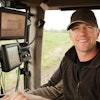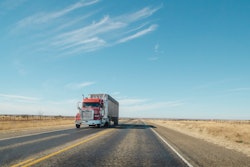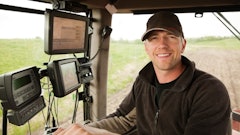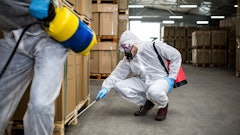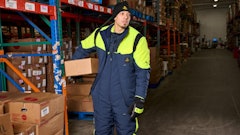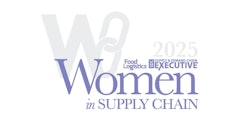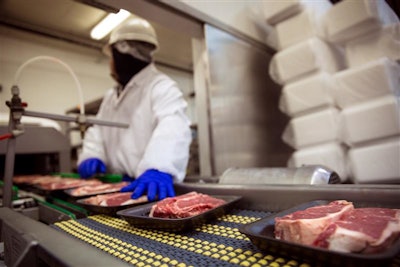
iFoodDS is a co-principal investigator in a Cornell-led project that will develop strategies to minimize COVID-19 transmission among workers in meat, dairy and produce food processing facilities. The project will use computer modeling and outreach relating to how a facility produces food and how COVID-19 spreads in facilities.
“Protecting the workforce from the virus is of paramount importance, however, it is also a priority to maintain a needed level of food production while we implement improved methods that prevent the spread of COVID-19,” explains Diane Wetherington, executive chair of the iFoodDS Board. “This research will better inform us of how to achieve both.”
Claire Zoellner, a food safety scientist at iFoodDS who received her doctorate degree at Cornell, will participate in the research while Wetherington will serve as an industry advisor to Cornell.
According to Cornell, on the research side, the project aims to develop mathematical models relating how a facility produces food to how COVID-19 spreads in plants, and how one affects the other. Once a model has been developed and validated, it will be scaled up and applied in several specific meat, dairy and produce processing facilities to further validate it in real world settings.
Cornell plans to also develop and deliver online extension programs for industries to communicate the findings of this research.
“iFoodDS is excited to work with Cornell and apply its scientific and technical expertise on a project that protects essential food workers from the spread of human viruses,” Wetherington says. “This work will yield long-term results that will benefit both employees and companies working to keep a continuous supply of food available to consumers.”
The project was made possible thanks to a two-year, $1 million rapid-response grant from the United States Department of Agriculture’s National Institute of Food and Agriculture.

